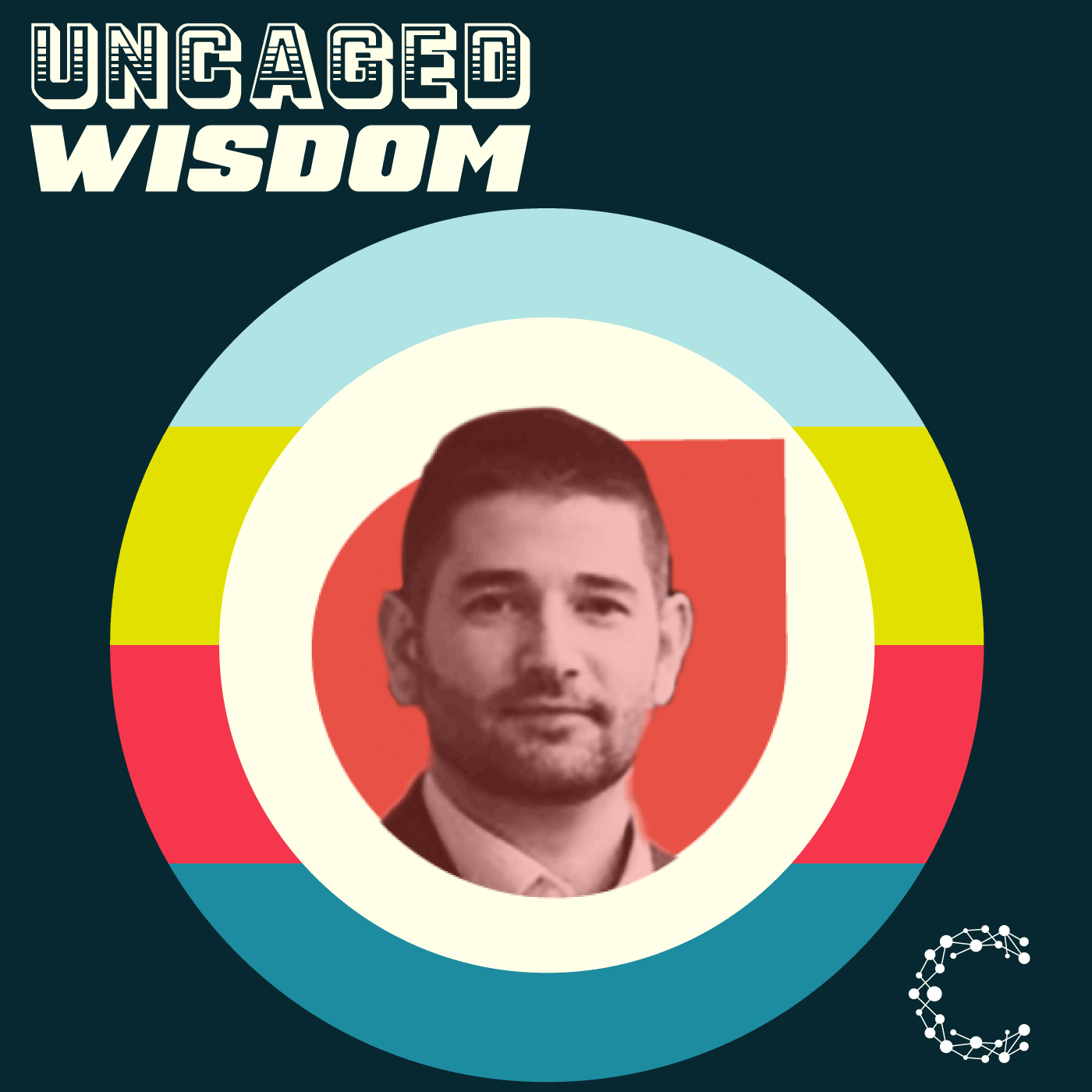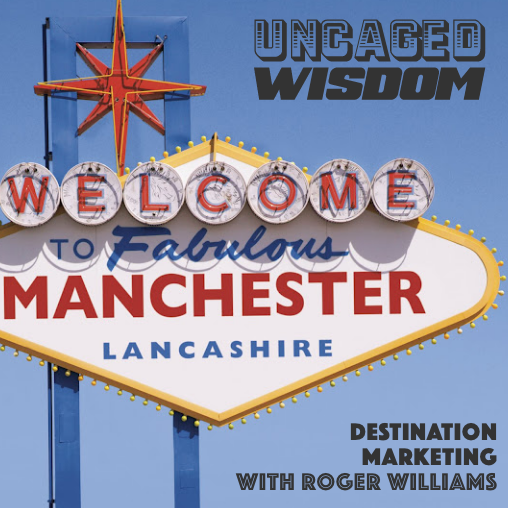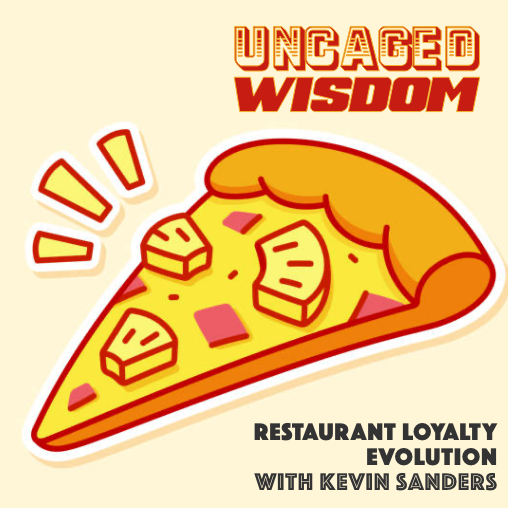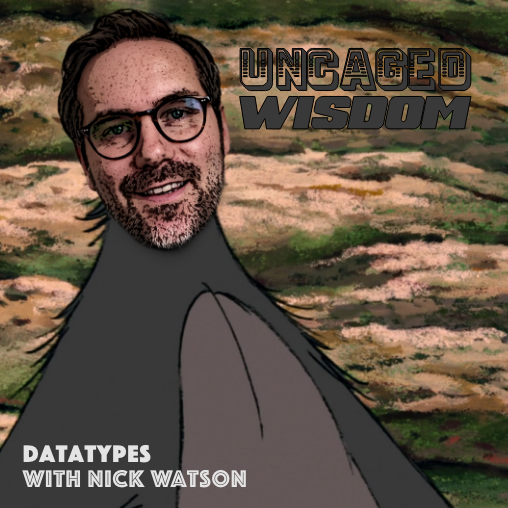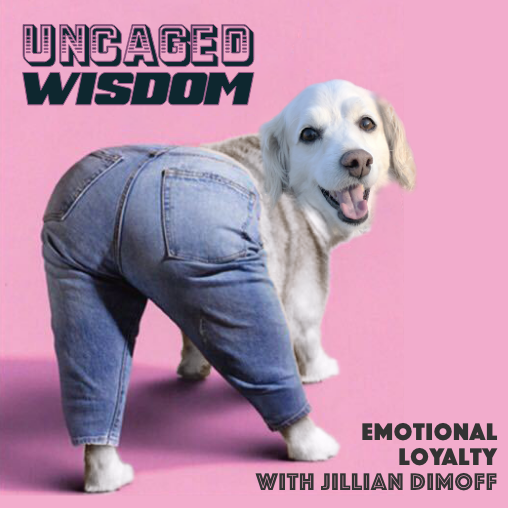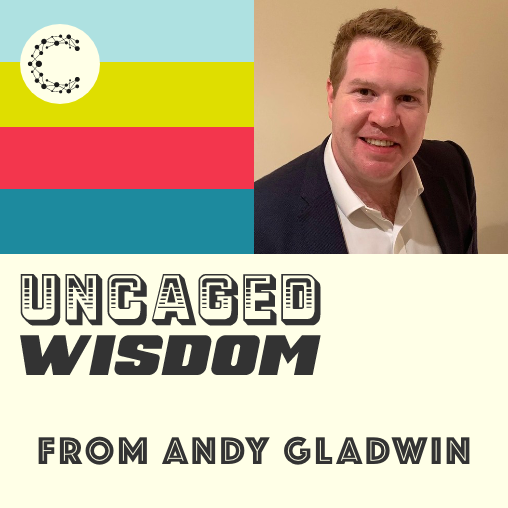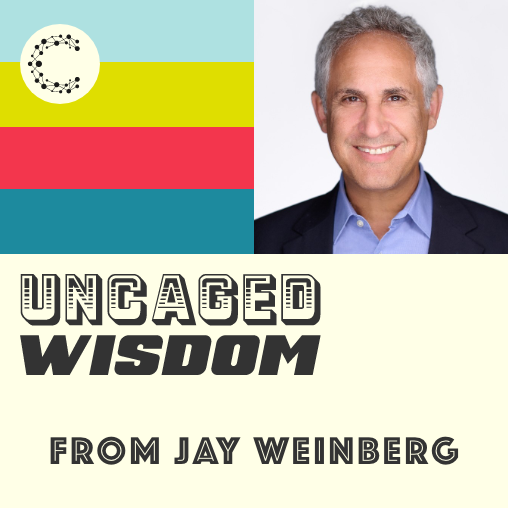Enhancing Digital Fan Engagement - Sports Marketers For The Win w/ Adam Rutzler
- 0.5
- 1
- 1.25
- 1.5
- 1.75
- 2
Julian: For Arsenal F. C., Adam, please go ahead and introduce yourself.
Adam Rutzler: Pleasure to be here. I'm Adam Rutzler. I am the senior campaign and insight manager at Arsenal Football Club. I've actually been at the club for 11 years now, so I'm due a testimonial, actually. My experience across the 11 years spans across CRM, primarily, lots of campaign strategy, campaign planning work, data work, lots of fan engagement, ideation, and the big, big part of my role is around insights and analytics and how we utilize that across the commercial function. So my experience at the club spans across those areas, which has kept me busy.
Julian: Could you tell us a little bit more about your group?
Adam Rutzler: There's seven of us in the campaign and insight team, and we operate a little bit like a kind of internal consultancy, if you like. I've got half of the team focused on that real data- driven decision- making, so ensuring that, as a club, we are led by data and that we make our most informed decisions we can. And the other half of the team are all about that campaign, come strategy and planning, and it feels logical and a nice fit that the two kind of sit together, because obviously, you need the right hand talking to the left in terms of that data really driving that campaign planning. It's one of the nicest things about working at the club, is that we're quite a unique setup. As a rights holder, as a sports organization, we tend to be a kind of small to medium- sized business with lots of different verticals. So we have a ticketing business, we have a memberships business, we have a retail operation, we run lots of different commercial partnerships, we have a hospitality arm, and we're a media business, and I could go on, stadium tours, et cetera. That keeps it really varied, actually. Being in that central team that works across all of those and more, it really does make each day feel quite different, each data set that you're looking at, each campaign plan that you're trying to put together.
Julian: Adam, with the fans in mind, why is digital engagement so important to Premier League clubs like Arsenal?
Adam Rutzler: Before I even get into that, if there was one thing, Julian, that Arsenal Football Club has been saying since the COVID struck and that we were having to play games behind closed doors, is how much football needs its fans. It really loses so much when the fans aren't there. At Arsenal, we are lucky enough to have a huge global following, and depending on what research you listen to, our global following is estimated to be over 750 million worldwide, which is a phenomenal amount of people that are so passionate about our club and our brand. And digital channels and digital engagement is so important to help us, as a football club and as a brand, to connect with that global following. What we are out to try and achieve is to build deep, long- lasting, meaningful relationships with our fans. And why is that important? That's important because, back to what we were talking about earlier, football is nothing, the club is nothing, without its fans. And we've learned that, during this pandemic, it's become loud and clear that without the fans, football loses so much. It's really important that we build that engagement, we utilize the digital channels we have, to make the fans feel connected with the club. If they feel connected, that love grows, the passion grows, that creates a foundation for us to build successful commercial partnerships. And some fans won't like to hear that all this relates back to revenue and partnerships and commercials, but actually, what partners are looking for, are looking for a club with an engaged fan base. That's what we're lucky enough to have. Therefore, we can be successful with our commercial partners, and that allows revenue to come into the club that we can invest into the team and onto the pitch to drive towards what the fans really want, and that's Arsenal Football Club competing at the top end of European football, competing for the Premier League and competing for the Champions League.
Kayla: What are Arsenal looking to do in order to increase all this fan engagement?
Adam Rutzler: Yeah, good question, Kayla. Not the easiest one to answer, but I think it stems back to three things, really. One, innovative content. We need to make sure that the content that we're producing as a football club really resonates with the fans and we're always pushing the dial on creating new, innovative, well thought out, exciting content. We're sitting here, having kicked off the season, so we've just had the inaudible round of games, and we're right in the thick of the transfer window. Always a very exciting time for the fan base, the transfer window. So we signed Gabriel from a team in France, and he's a Brazilian defender. And the way we announced that signing was, due to the fact that we didn't have much access into players, they were in bubbles, they were during the pre- season regime, they couldn't have too much interaction with people outside of the bubble, is we already had David Luiz and Willian, two Brazilian players within our squad. And we actually set up a group chat, if you like, that David Luiz hosted, that he called Willian, and they were talking in Brazilian, and it was all translated and transcribed onto our footage, onto our coverage. And then he said," Oh, I've got someone else dialing in," and then up pops Gabriel, and that was the way we.... the signing of Gabriel to the fan base. And that was live on social, that was live on the Arsenal digital channels, so the website, the app, really just trying to engage the fans in a brand new, exciting, innovative way that actually was led by the fact that we didn't have the access into the players to go to meet them at the training ground that we would have normally had.
Julian: With partners and, yes, sponsors, or perhaps kit suppliers, what are activities you've done for them? Do you try to get specialist content or specialist items for a kit launch or for a partner to engage with, to have their name on it?
Adam Rutzler: Yeah, absolutely. So really good example is the work we've been doing with Adidas and our recent kit launches, actually. So we're now entering the second year of our deal with Adidas, and it landed so well with Arsenal fans. They tend to love the Arsenal- Adidas association and the kits that Adidas create. And this year, we've actually just launched our third kit that we played in against Fulham. And for both the away kit are white with a marble splash, and the third kit, we produced videos alongside Adidas. And they really do bring home these values and the history of the clubs, so the away kit is all around the marble, and there's a... of the Marble Halls of Highbury. And there's a fantastic video that really brings that to life, but actually brings it to life for a new, up- and- coming generation of fans, which is outstanding.
Julian: One of the nice things with sports, and I know you guys don't take it for granted, but you just already mentioned it there, is that, unlike a lot of other industries that we deal with, you have inbuilt the interest and the content.
Adam Rutzler: The bit that we get involved in the most is around how we ensure relevance of our content to our fan base, so we do that by really trying to understand our fans to a fine degree, and understand their behaviors and how they interact with particular types of content. And then layering on top of that, we build out on the channel campaign strategies through lots of various technology that we use. So Cheetah Digital being, actually, the main platform that we use to ensure that the communications that we have are relevant to our fans and are communicated out through the right kind of platforms, at the right times, through the right channels, in the right tone, which is really, really important because we want to make sure that that message, that campaign, that brand message that we're trying to deliver, is consistent across all of those different touch points. So it needs to be relevant for the fans. We need to understand who they are and what they want from the club, we need to understand how they engage and if this type of campaign that we have is relevant for them, and we need to understand what channels and what platforms would be most effective to reach our fan base, so I think it's a combination of those. We could talk about the content all day long because that's perhaps the most shiny element of the mix, but I think the data and the understanding the fan, and then the campaign strategy and the channel execution is the bit which really makes the difference.
Julian: With Arsenal enjoying a huge and active fan base at both a local and global level, how has the club approached better understanding the followers you have? And on that last point around understanding followers, I guess what I'm trying to get at is, how have you tried to, yeah, get a view of them, which is more rounded?
Adam Rutzler: Good question, and to be honest with you, in my role across campaign and insights, that's the heart of what we're trying to achieve, Julian, and it's been a challenge. And the challenge was, three, four years ago, was that the club was thinking in those different silos, so the ticketing thing we're thinking about there, ticketing buyers, the retail team, we're thinking about people who bought kit, the hospitality team, we're thinking about people that bought hospitality, and they were all talking in their own terms, in their own transactional- led manner about understanding our fans. So the approach that we took to address that challenge was, we wanted one unified way of understanding our fan base that could sit across all of those pillars. It was a huge piece of work that we led and delivered to the business about two, three years ago. Initially, we delivered a UK fan segmentation model. So we worked with a external provider called Experian, so they appended lots of external data to our UK fan base. And then we went through a big clustering analysis and we pulled apart, using demographics, using transactions, using lots of additional data that Experian overlaid onto our UK base, we pulled apart through the clusters, seven distinct groups. That led us to a persona... where we could really put color onto those personas. We could name them, we could illustrate them around the business, we held workshops, we got staff members engaged. Right from the top to the bottom of the organization, we ensured that these personas were the vernacular that staff used in planning meetings, in thinking about how the Arsenal fans exist beyond the four walls of Highbury House, just outside of the Emirates. And that was a really big shift in thinking, to be honest with you, and that created me being able to walk into a meeting and allowed to talk about affluent families and high- flying professionals rather than kit buyers and ticket buyers. And it really just takes you to the next level of understanding who our fans actually are, where do they live, what income levels do they have, what are they interested in, where do they shop? Then, on top of that, are Arsenal transactional- level elements, and how do they engage with the football club? It takes that whole understanding of our fans, of our followers, to the next level. So that was the starting point, the UK model. Then very quickly, we were being challenged internally. What about our huge global following that you were talking about? And so, within the last 12 months, we've launched an international fan... which was done in exactly the same manner, less data available because the UK is a very established market that we could just focus on one market with the data sets that are available there. But we have produced a segmentation that has six clusters, six personas of our international fans, spanning 200 countries worldwide, that we have data on. And we now have personas for each of those six international fan groups, which has, again, made sure that when we're talking to potential partners, when they're talking to the media team about what content we should be creating, when we're talking to the retail team about how are we going to position the next kit launch or the products that might be selling well in particular markets, we are using this umbrella segmentation and persona- led approach to really allow those areas to understand who our global audience is.
Julian: That's no mean feat, what you guys have achieved there. Yeah, and again, to go into my bucket of industry phrases, that is a digital transformation project if I've ever heard one, where you've taken all this bundle of information and data, and really tried to make it work and to understand it better.
Adam Rutzler: Absolutely. What people internally are sick of hearing me say is that, actually, we work with a kind of magic triangle, the power of three, that the transactional data that we have in our CRM database is key, the demographic segmentation, persona- led approach, that I was just talking about, on the right- hand side, and then the behavioral data on the left- hand side. And really, where we get to really understanding our fans is when we take a combination of all three of those and we hit the sweet spot in the middle, what are they buying, who are they, and how do they engage with the football club? You bring all of those together. You have the technology, the data, the infrastructure, to be able to bring all of those together, and that's when we really get to the power of understanding the fans, what they want from the football club, and how to get that to them.
Julian: A fan is a person, a fan has their own interests and their own desires, and they're made up of those information that forms the triangle you described, but until you take the very simple step of trying to understand the person as a person, then you can't do all the other work.
Adam Rutzler: Oh, on your final point, I think, Julian, around how should organizations within sport look to try and create this more rounded view of their fans, of their followers, of their supporters, I think the one thing that really gave us that step change was going away from thinking about it within these silos, to what you were saying there around, actually, that unified understanding across the top, so who is the fan? Regardless of if they buy a ticket, if they buy a membership, if they buy a shirt, who is the fan, what life stage are they at, what else is going on in their life, what do they want from the football club? And if you get that message from top to bottom throughout your organization, all of the subsequent conversations become easier because they're all from the same starting point, whereas if they're from different starting points, you get lost down blind alleys quite quickly.
Kayla: All of this amazing stuff. What are you guys going to be doing next in the engagement space?
Adam Rutzler: Lots of great stuff, I think is the answer there, Kayla. But from my perspective, I think the really exciting thing that the insight team are working on at the moment, to continue on the trend of understanding our global following, is probably to make the triangle into a square and add psychographic data into that. We really want to understand the fans' attitudes, values, personalities, aspirations, and what all of that means to the football club, in terms of what motivates them to take the actions they do, what motivates them to engage with a certain email, or a certain post on social, or a certain piece of video content? And if we understood the personality of a fan, the aspirations of a fan, the attitudes that they have through some very intelligent survey questions, some intelligent, progressive profilings, and all sorts of techniques, could we map that to certain kind of psychographic profiles that enable us to then say, moving forward, we have objective X, Y, or Z, or content A, B, and C. What type of fan would be motivated to engage with this and why? And that kind of data would really give us an insight into that. So there's some big, big work going on in that space, which I'm particularly excited about.
Julian: I always like checking Cheetah Experiences whenever I can.
Adam Rutzler: Actually, you're quite right there, Julian. We've done some brilliant work already with commercial partners to... They may be doing competitions, ticket giveaways, whatever it may be, signed shirts, and we've been able to progressively add strategic questions that are relevant to the experience, that have an underlying tone of, we're trying to find out X, Y, or Z, that will help us with campaigns we have down the line. An example of that is, sustainability is key for us at the moment. As a football club, we take it very seriously, and a lot of our partners take it very seriously. We're trying to add breadth to our knowledge of our fans about their thoughts and feelings about that. If we understand that, not only does that work well for us and our partners, we can actually talk to the right fans that care about sustainability and all the efforts the club and the partners are active in that space. So I feel as though it's win, win, win all round if you have your data strategy right, and Cheetah Experiences is at the very heart of that, and at the heart of the planning that we're currently going through.
Julian: Yeah, with the fourth corner, which I like, I like the phrase of it now because you've now turned your triangle, which is a classic way of how to play football well, triangle, it's all about triangles, to creating an actual football pitch. I feel we're getting to the point where we're getting better at feeling confident, brands, this is, talking to people. And clearly, you guys have put a lot of effort to make sure that you're asking the right things at the right time, in the right way.
Adam Rutzler: Yeah, definitely. You could go further than that and be quite explicit up at the front as to, this information helps us be more relevant to you, it helps our commercial partners, that drives revenue into the organization. You don't have to be that explicit on every experience, but at the right time, telling that story to the fan base, I think they appreciate the upfront honesty, and that really aligns to our values. And making sure that we're not trying to pull the wool over anyone's eyes across our global following is really, really important, and the reasons why that that information is critical to the football club and how it needs to operate moving forward. The thing that really drives traffic, we've spoken about innovative ways of engaging the fans with the Arsenal Together online event we did, the Gabriel signing, the Aubameyang announcement, but the thing that drives traffic above all of that is Arsenal Football Club playing football matches, and pre- match press conferences, injury updates, highlights, post- match interviews with the man of the match, whatever it may be. That is what the fans follow a football club for, and in the absence of that, that leaves a big void. And there were a number of months where Arsenal were not playing football matches. Therefore, the traffic to our website apps, socials, did take a hit, and that really then meant that we needed to get the creative juices going to get people's attention. But one thing that was interesting, okay, we took a hit because football and Arsenal wasn't front and center because we weren't playing games, but what was really interesting was, when we finally got our players back onto the training pitches, we saw the biggest spike in traffic we've seen, and that was just around training. It wasn't even a match. And that was because people had been starved for so long that you give them even a taster of their heroes, their players, the team on the training pitch, again, that got them so excited. The engagement with that was phenomenal, which took us all by surprise and led us into the season and the transfer window quite nicely.
Kayla: Thank you so much, Adam. This has been absolutely fantastic content and we really appreciate you taking the time to chat with us.
Adam Rutzler: Absolute pleasure, and thanks again for having me, guys. Appreciate it.
DESCRIPTION
In this sporting episode of Uncaged Wisdom, Adam Rutzler joins us. Adam is the Senior Campaign & Insight Manager at Premier League giants Arsenal F.C.
Hear how Adam and his Campaign and Insight group approach enhancing digital engagement amongst one of the largest and most passionate fan bases in the world.
Adam two-footed tackles the following topics;
- Why digital fan engagement is crucial to sports teams.
- How sporting organizations should look to better understand the different types of fans they have.
And for anyone who hasn’t watched the full animated panel, ‘Enhancing Digital Fan Engagement - Sports & Media Marketers For The Win,’ find it via the link below: https://www.cheetahdigital.com/signals/sports-marketers-industry-client-panel

